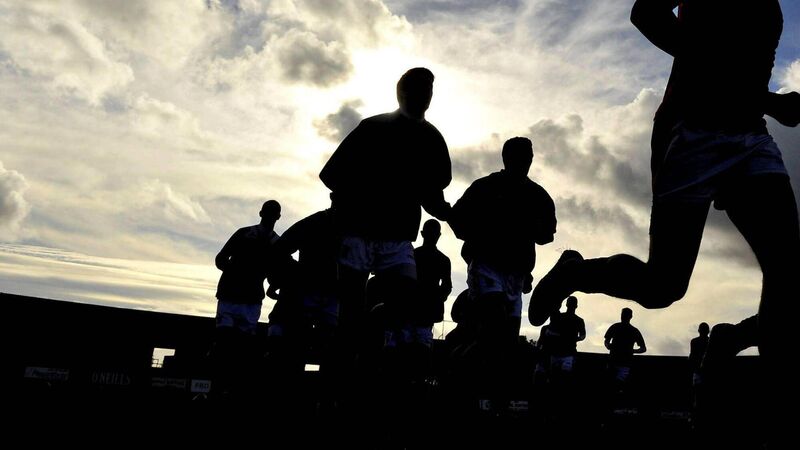Dr Ed Coughlan: What the mind wants the body often cannot deliver

For players in every team and sport, you would hope the opt-out option was available to them, but horror stories soon emerged of players and athletes from teams and squads feeling pressured into attending yet another Zoom call.
Throughout Covid-19, anyone with an interest in sport wanted nothing more than our games to be opened up and for us all to be let loose on the pitches, courts, tracks, and courses around our locale.
There were various strains of intensity in the messages of how important such a return to formal sport was for people. For parents of little ones, it appeared to be about their sanity and having more options to keep them busy. Incidentally, a newfound appreciation of what primary school teachers do every day emerged.











